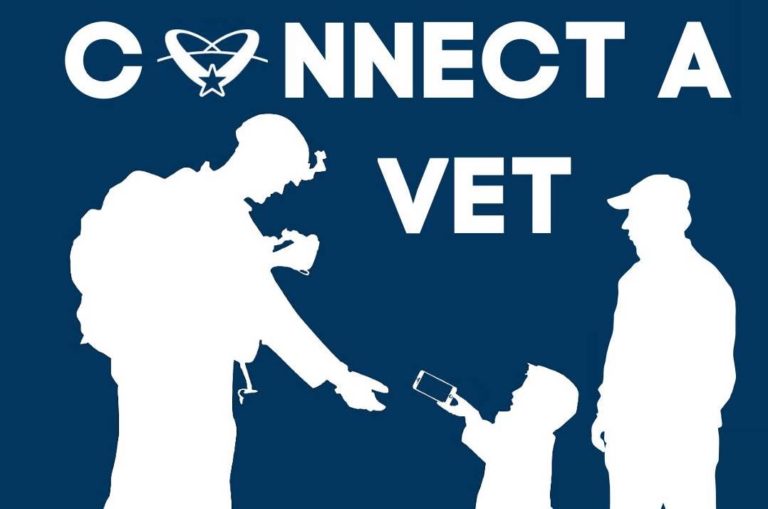
 By Gordon Beinstein
By Gordon Beinstein
As a building principal, I often encourage parents to check Aspen, the online gradebook which allows you to see your child’s progress (or lack thereof) in real time. This site can be a wonderful tool for parents of middle schoolers whose usual responses when asked “how was school today?” and “what did you do / learn today?” are ‘Fine’ and ‘Nothin’ respectively. However, a word of caution…just because you can now see your child’s progress without actually speaking to your child about the grade, doesn’t mean you should avoid that conversation.
Every piece of research on the topic of parental involvement evidences a direct correlation between parental support and a child’s success in school. Middle school is NOT the time to become uninvolved in your child’s education. However, there are occasions when a well-meaning parent’s involvement actually hinders a child’s growth. If a parent contacts the teacher when a low grade pops up on the screen, prior to any conversation with a child, we miss the main cog in this scenario. The first stop must be the child. What message are we sending when the parent intervenes before the child has an opportunity to self-advocate? What are we teaching the middle schooler about ownership and responsibility? Your children are at an age when they should start to own their work. They should be the ones initiating conversations with the teacher, advocating for themselves, and inquiring about their own progress and results. This will not come naturally to all kids, depending on age and maturity but if we don’t begin to teach our children how to do this, and then begin to expect it, they will not learn it. The cost of intervening too early, or unnecessarily can be high. Overprotective/helicopter/lawn-mower parents (you can pick your favorite descriptor) can unintentionally create children who either lack the confidence to do anything on their own or who are too confident or even arrogant because they know Mom or Dad will always save them from disaster. Kids learn best when they’re allowed to try things on their own, even if it means failing. The line, however, can be crossed when a child’s opportunity to learn from his or her own mistakes and to forge a new path is taken away by a hovering parent.
So, when a poor grade pops up in Aspen, take a deep breath (it’s middle school; this one grade wont keep your kids out of Harvard) and then speak with your child. In this conversation, ask questions to see where the struggles might lie and then, encourage your child to self-advocate. Talk to him/her about how and when to approach a teacher (in the middle of instruction, or as the teacher rushes to the restroom between classes is likely not the best time!) I would even suggest that you role-play this conversation to best prepare them for all types of scenarios. If, after this initial student/teacher interaction, you feel there is something amiss, please do what good parents do best and reach out to the staff, but with the understanding that all involved want what is best for your child. And with the knowledge that what is best is not always what is easiest or least painful, but I will save that topic for a future ‘sermon’.
Gordon Beinstein has been working in middle schools for 32 years and still can’t get out of the 8th grade! He is currently the principal of Western Middle School and was recently named the Connecticut Association of Schools 2019 Principal of the Year.




